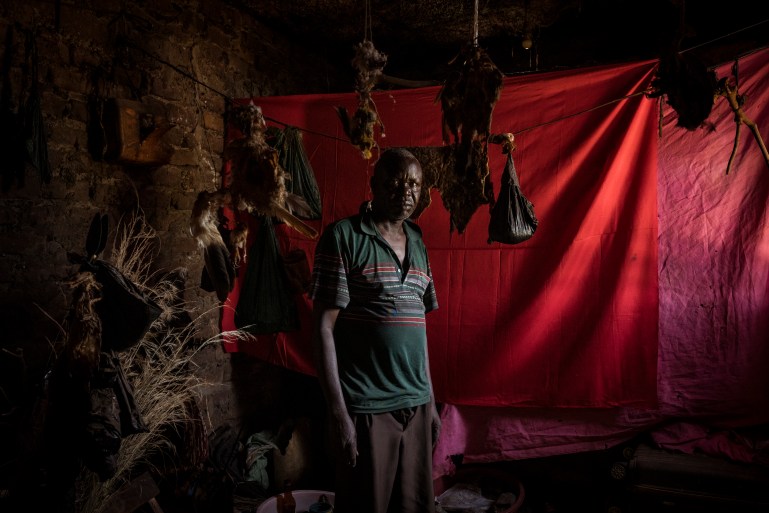In a lull between heavy rain showers and heavy rain in the late afternoon of November, Edith and two older team members banter and giggle loudly. They observe the muddy courtyard’s younger staff members attempting to dodge puddles and sweat through daily aerobics drills.
Diego, a cerebral palsy boy, climbs a concrete ramp and heads toward a therapy room as energetic pop music plays across the compound’s three single- and double-storey buildings. He scurries forward slowly until Edith notices him, his wrists twisted.
“Diego, my boy”! The 49-year-old yells out in a big grin.
She grabs him up and quickly catches him onto her hip, her loose dress dangling as she runs over to him. The two laugh before turning their attention to the workout, which he gives her a high five.
The orphanage has the impression of being home to a very large family thanks to Edith and her staff’s warmth and affection for the children there.
With the birth of Derrick, Edith’s first child, in Jinja in 2000, her own development as a disability rights activist in Uganda began.
Derrick cried a lot and turned yellow when he was two days old. Therefore, Edith and her husband Richard took him to a hospital where he had been diagnosed with malaria. After two weeks of experiencing convulsions, their son was diagnosed with complications with his spinal cord after coming into contact with meningitis.
“It was when I realized that my son wasn’t developing as a normal child when he made three months.” He lacked control over his movements. His spinal cord was curved. Edith recalls him as being “very floppy” in her office. A portrait of Yoweri Museveni hangs above the door, and its walls are decorated with certificates of appreciation and merit.
Edith recalls how, as they battled to find out about their son’s condition, their friends and family feared them and Derrick and how they were treated unfairly by them as they gaze out a window onto a playground full of children.
“We started entering and exiting the hospital. Hospital, home, hospital, etc. And people were quick to point out that he had epilepsy, especially in his convulsions. He has demons. And this is where the neighborhood rejects me, she claims.
They thought, “She gave birth to a demon-possessed child.”
![Omalera, Soroti District, Uganda. Local Witch doctor Robert Apedu treats Noah Oyara,17. Noah has no use of his legs and also lives with hydrocephalus. Robert treated these conditions by rubbing a paste of water and plant matter into Noahs skin. While he is well known in the area as a witch doctor, he understands the negative connotation surrounding his profession so like many others he refers to himself as a 'traditional healer or herbalist'. [Christopher Hopkins/Al Jazeera]](https://i0.wp.com/www.aljazeera.com/wp-content/uploads/2025/05/HOP7760-1748336579.jpg?w=696&ssl=1)
Many Ugandans have turned to traditional healing, with the exception of government-run schools or local clinics, where they have historically and to this day not been promoted. Edith resisted social pressure and took her son to traditional healers without a diagnosis and feeling helpless.
I attempted to approach various witch doctors about him. They were smearing him with their herbs, washing him with goat’s blood, and covering him with chicken blood. Derrick didn’t change, she recalls, despite the fact that they could have us in at night to shower us with the chicken’s blood. It was only getting worse, they said.
Source: Aljazeera

Leave a Reply